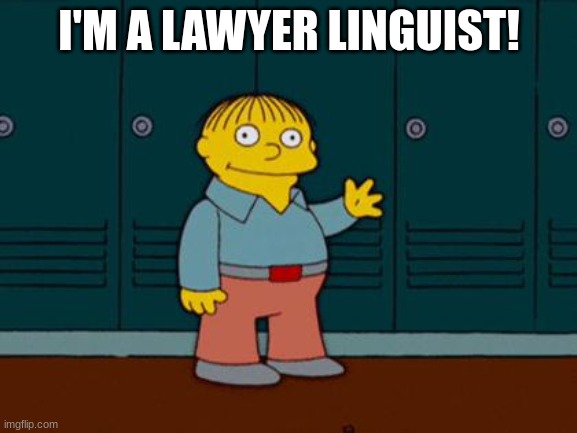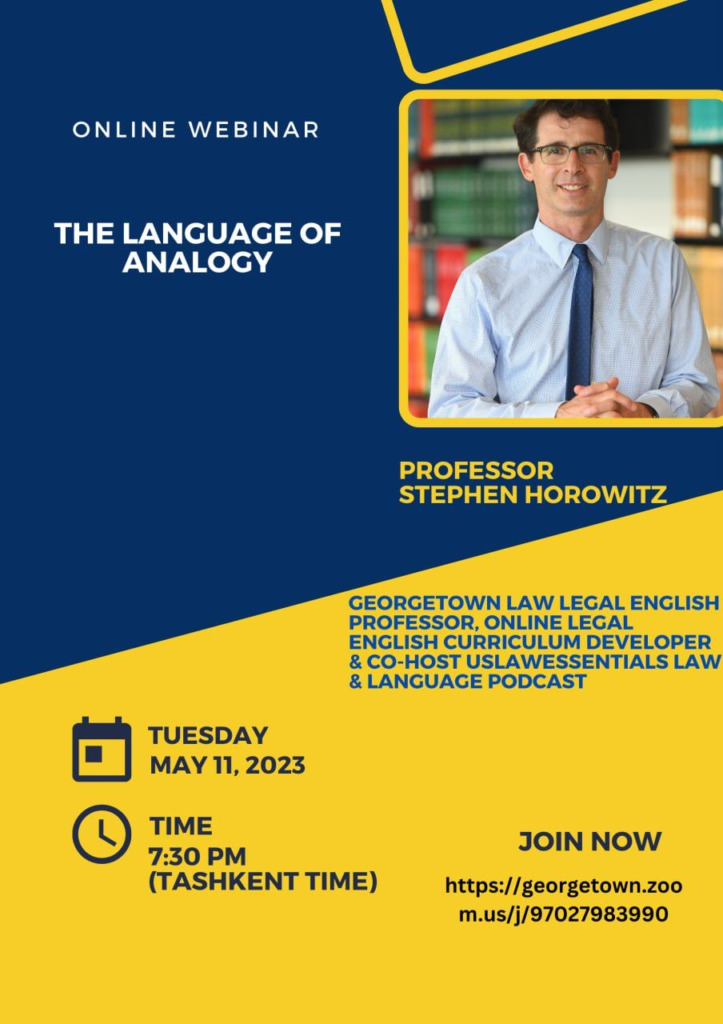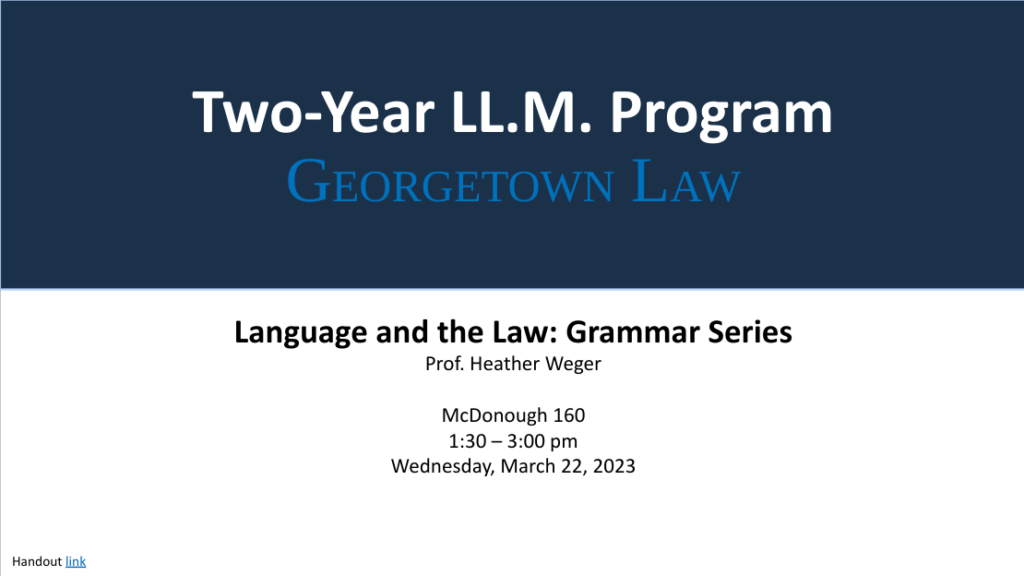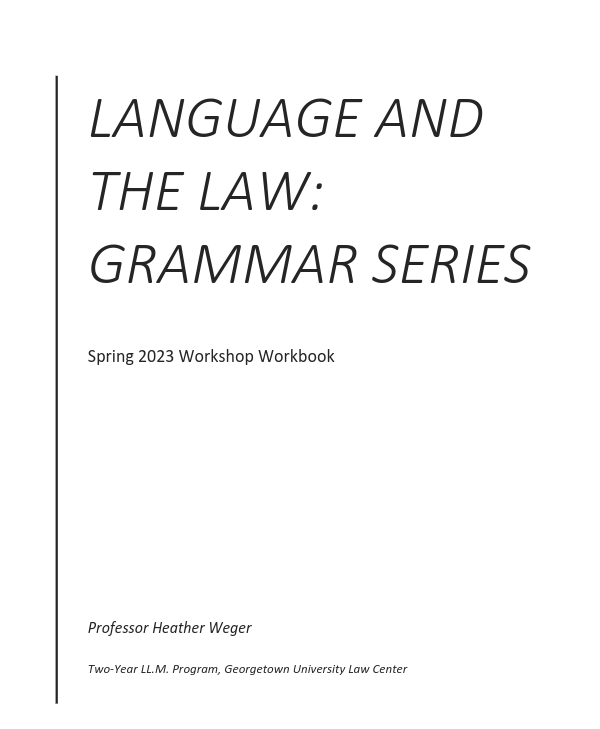Post by Stephen Horowitz, Professor of Legal English
I have nothing personal against the conjunctive adverb “Besides,….”
However, I’ve frequently noticed that “Besides,…..” is used by some foreign-trained LLM students in lieu of connecting phrases such as “Additionally,….” or “Furthermore,…..” And the students don’t realize that “Besides” has a different feeling and nuance, and is not an equal substitute for other connecting words used to signal that the sentence is adding information related to the previous sentence.
For example:
(Ex. 1) “The US Constitution granted the federal government with certain enumerated powers, while the state governments were granted residual powers. Besides, the federal government and the state governments share some common powers as well.”
(Ex. 2) “In this case, Jason was in his home with two officers sitting across from him at the kitchen table, and the officers’ car’s police lights were flashing for all to see. Besides, Jason’s mother was marking making breakfast in kitchen, which means his mother leave left Jason alone to talk with the officers.”
As a result, I find myself frequently providing corrective written feedback along the following lines:
“Besides,….” is not the connecting word you should use here. A better word would be “Additionally,…” or “Furthermore,…..”
Although we do use “besides” to communicate to the reader that we are adding more information, “besides” also feels less neutral and more informal than a word like “additionally.” It feels kind of pushy, like trying to persuade the other person by appealing to the their sense of personal connection to you.
For example, “Come on, let’s go see the movie tonight. It’s Friday night and you’re assignment isn’t due for a week. Besides, all of our friends are going to be there.”
In the above sentence, “Besides” works well in communicating the intent to persuade. It’s appropriate between friends when one friend is trying to push the other friend into changing their mind. But this informal, pushy feeling undermines your credibility in legal writing when your intention is just to add more information, e.g., one more reason or example, and let the example itself help with the persuading.
In other words, “besides” is saying more to your reader than you probably intend to say. For these reasons, I suggest using “Additionally” or “Furthermore” (among other options) as a connecting phrase in your legal writing rather than using “Besides,….”
I find myself writing this kind of comment so frequently, in fact, that I finally decided it would be more time effective to just write a blog post about it so that I can always share with my students in the future. Besides Additionally, now other legal English and legal writing instructors can use this as well, if it helps make their work a little easier.
In the meantime, if anyone ever figures out what English language textbook or publisher keeps teaching “besides” as an exact synonym for “additionally,” please let me know so I can lead an effort to try and address the problem at the source.
***********************
Bonus: This language (mis-)use example reminds me of when I taught English in a middle school in Japan years ago. From my well-meaning supervisors I would occasionally hear statements like, “You had better sit down now.” Or, “You had better eat the food now.” Each time I wondered why they were threatening me, even though a threat seemed unnecessary in the situation. But then I realized their English classes must have taught them that the phrase “(you) had better” is a synonym for “should.” And it is. Sometimes. But sometimes it can also sound like an organized crime family member making a veiled threat. Thereafter, I told myself, “You had better get to the source of that misinformation before leaving Japan.” But alas, I never did.
Oh well, in both instances it could be a lot worse. Besides, at least it gives me something fun to write about!
















